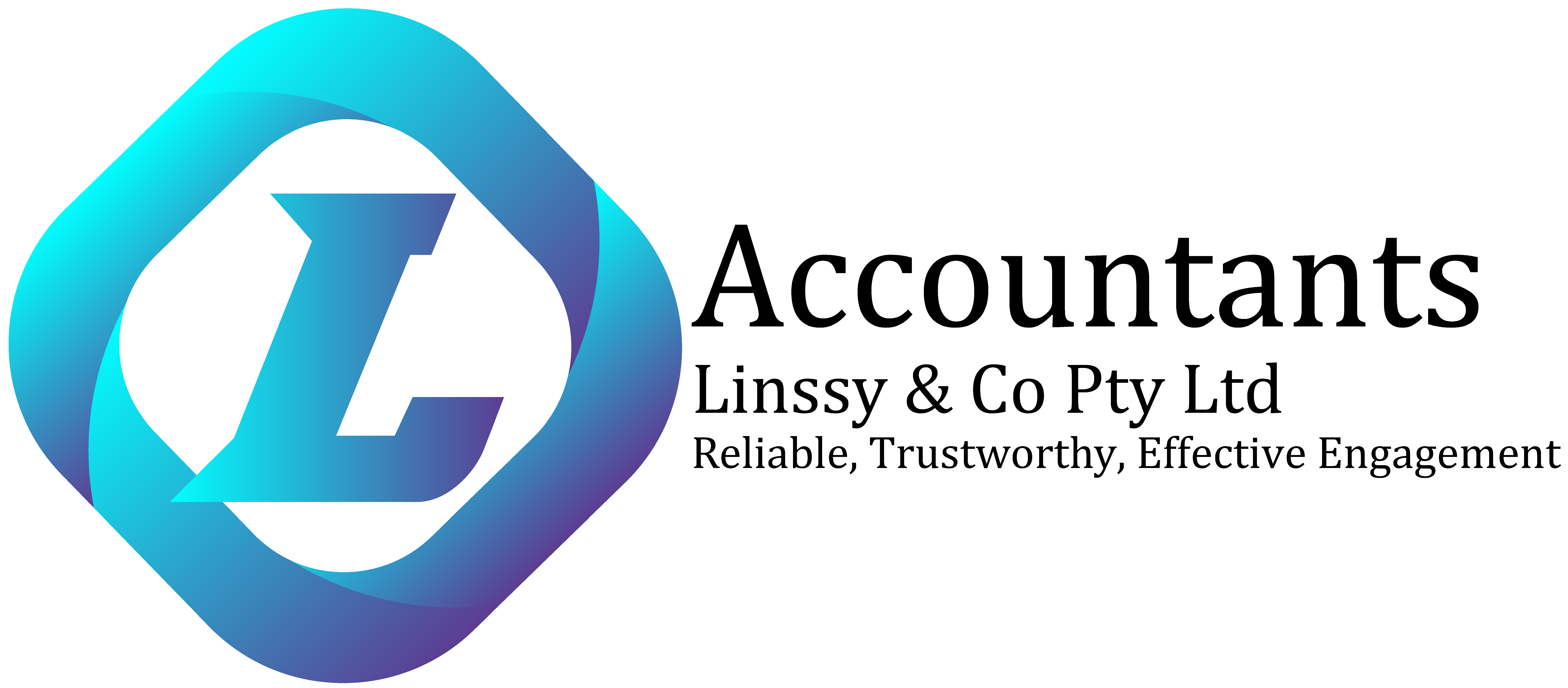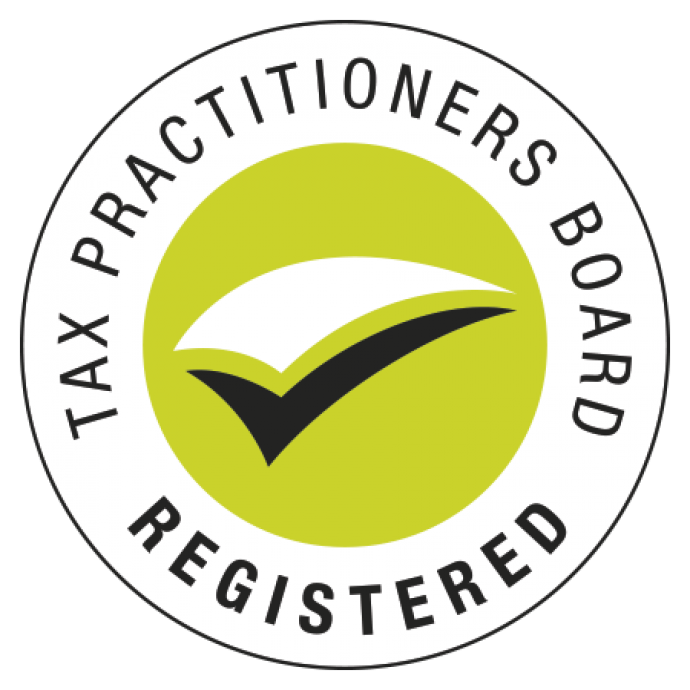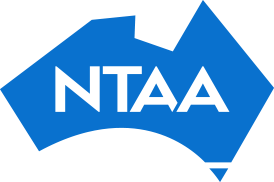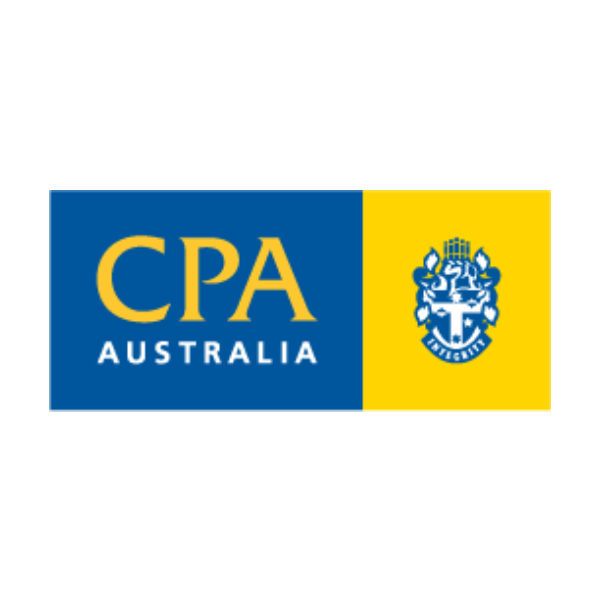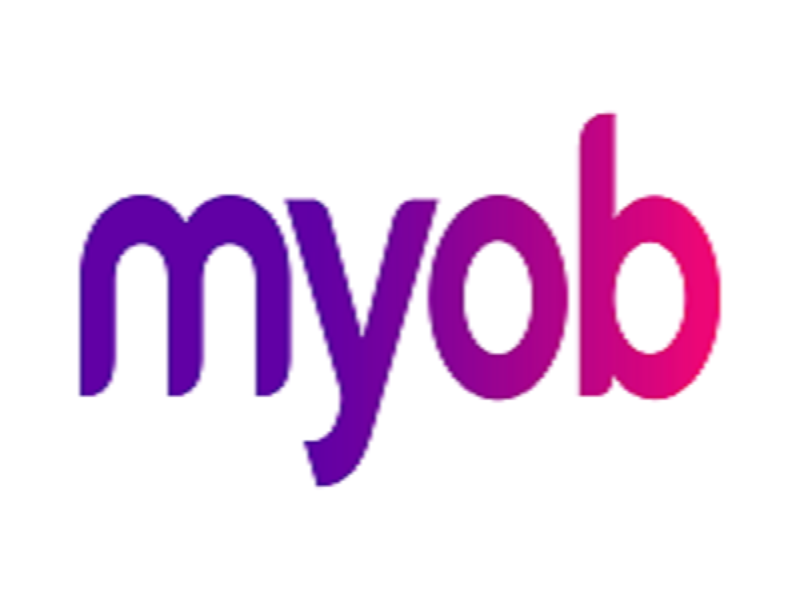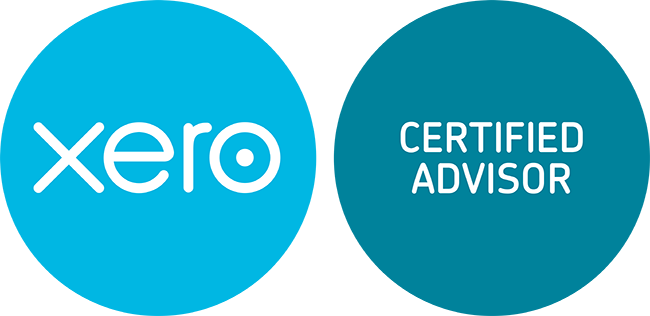Fixed Assets


Fixed Assets
Fixed assets refer to long-term tangible assets that are used in the operations of a business. They provide financial benefits, have a useful life of more than one year, and are classified as property, plant, and equipment (PP&E) on the balance sheet. With the exception of land, fixed assets are depreciated to reflect the wear and tear of using the fixed asset. Fixed assets are crucial to any business operation. For example, the fixed asset turnover ratio is used to determine the efficiency of fixed assets in generating sales.
Examples of Fixed Assets
- Land
- Catering equipment and machinery
- Buildings and facilities
- leasehold improvements
- Property improvements
- Assets improvements
- Vehicles (company cars, trucks, forklifts, etc.)
- Furniture
- IT Equipment
- Fixtures and fittings.
A fixed asset is capitalized
When a company purchases a fixed asset or undergoing major assets improvements, they record the cost as an asset on the balance sheet instead of expensing it onto the income statement. Due to the nature of fixed assets being used in the company’s operations to generate revenue, the fixed asset is initially capitalized on the balance sheet and then gradually depreciated over its useful life. A fixed asset shows up as property, plant, and equipment as non-current asset on a company’s balance sheet.
General depreciation rules capital allowances
The general depreciation rules set the amounts of capital allowances that can be claimed, based on the asset's effective life.
- prime cost method-straight-line depreciation
- diminishing value method.
Simplified depreciation rules
Under the simplified depreciation rules, you can claim an immediate deduction for most depreciating assets costing less than $150,000. Our accountants can help you with all types of fixed assets calculation for tax depreciation claims using General depreciation or simplified depreciation rules. Or your business may require to disposing or ceasing to use a depreciating asset to claim for tax deductions. If you’re a small business owner using simplified depreciation rules you can fully expense the capital if the asset is less than the threshold.
Temporary full expensing
The temporary full expensing supports businesses and encourages investment, as eligible businesses can claim an immediate deduction for the business portion of the cost of an asset in the year it is first used or installed ready for use for a taxable purpose.
Backing business investment
Backing business investment is an accelerated tax depreciation claim. From 12th of March 2020 until 30th of June 2021, the Backing business investment measure provides a 15-month investment incentive to support business investment and economic growth by accelerating depreciation deductions.
- PPE
- Accounting for leases
- Fixtures and fittings
- Capital works
- Software
- Patents.
Contact Us
Complete the form below and one of our qualified and experienced staff will get in touch with you. You can also call us on 0411 913 825
